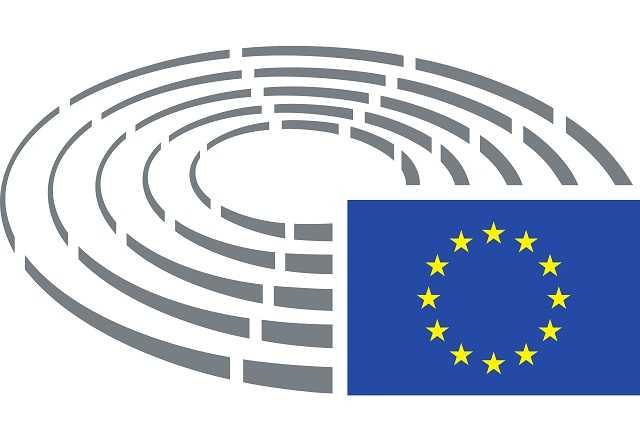BRUXELLES, Belgium – The EU reached an agreement Tuesday to ban the import of several products considered the “main drivers of deforestation,” including coffee, cocoa, soy and palm-oil, the European Commission said. The law will require companies to produce a due diligence statement that goods placed on the EU market have not led to deforestation and forest degradation anywhere in the world after 31 December 2020- or they could face hefty fines.
According to the agreed text, while no country or commodity as such will be banned, companies will not be allowed to sell their products in the EU without this type of statement. As requested by MEPs, companies will also have to verify compliance with relevant legislation of the country of production including on human rights and that the rights of concerned indigenous people have been respected.
The new law would guarantee European consumers that the products they buy do not contribute to the destruction and degradation of forests, including of irreplaceable primary forests, and would hence reduce the EU’s contribution to climate change and biodiversity loss globally.
The products covered by the new legislation are: cattle, cocoa, coffee, palm-oil, soya and wood, including products that contain, have been fed with or have been made using these commodities (such as leather, chocolate and furniture), as in the original Commission proposal.
During the talks, MEPs successfully added rubber, charcoal, printed paper products and a number of palm oil derivatives. Parliament also secured a wider definition of forest degradation that includes the conversion of primary forests or naturally regenerating forests into plantation forests or into other wooded land and the conversion of primary forests into planted forests.
The Commission shall evaluate no later than one year after the entry into force, whether to extend the scope to other wooded land. No later than two years after the entry into force, the Commission shall also evaluate an extension of the scope to other ecosystems, including land with high carbon stocks and with a high biodiversity value, as well as to other commodities.
At the same time the Commission shall also assess the need to oblige EU financial institutions to only provide financial services to their customers if they assess that there is only a negligible risk that these services do not lead to deforestation.
The competent EU authorities will have access to relevant information provided by the companies, such as geolocation coordinates, and conduct checks. They can, for example, use satellite monitoring tools and DNA analysis to check where products come from.
The Commission will classify countries, or part thereof, into low, standard or high risk within 18 months of this regulation entering into force and the proportion of checks on operators will be performed according to the country’s risk level: 9% for high risk, 3% for standard risk and 1% for low risk. For high risk countries, member states would also have to check 9% of total volumes.
Penalties for non-compliance shall be proportionate and dissuasive and the maximum amount of a fine is set at least 4% of the total annual turnover in the EU of the non-compliant operator or trader.
After the deal, rapporteur Christophe Hansen (EPP, LU) said: “It wasn’t easy but we delivered a strong and ambitious result ahead of the biodiversity COP15 conference in Montreal. This important new tool will protect forests globally and cover more commodities and products such as rubber, printed paper and charcoal. Moreover, we ensured that the rights of indigenous people, our first allies in fighting deforestation, are effectively protected. We also secured a strong definition of forest degradation which will cover an extensive area of forest. I hope that this innovative regulation will give impetus to the protection of forests around the globe and inspire other countries at the COP15.”
Parliament and Council will have to formally approve the agreement. The new law will come into force 20 days after its publication in the EU Official Journal but some articles will apply 18 months later.
The UN Food and Agriculture Organization (FAO) estimates that 420 million hectares of forest — an area larger than the EU — were lost to deforestation between 1990 and 2020. EU consumption represents around 10% of global deforestation. Palm oil and soya account for more than two-thirds of this.
In October 2020, Parliament made use of its prerogative in the Treaty to ask the Commission to come forward with legislation to halt EU-driven global deforestation.


















